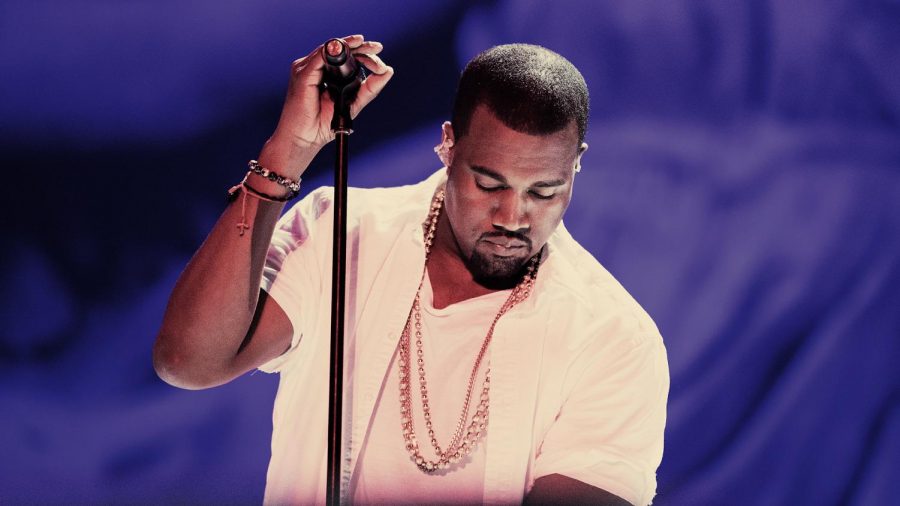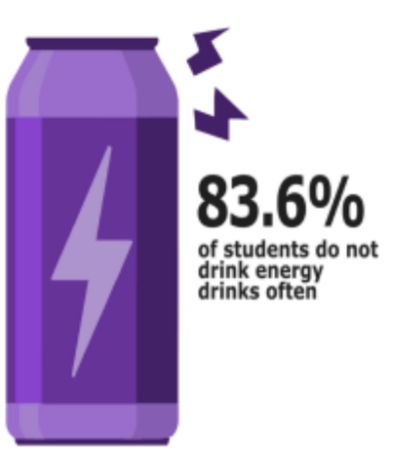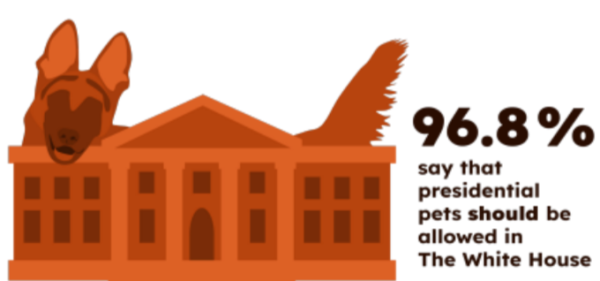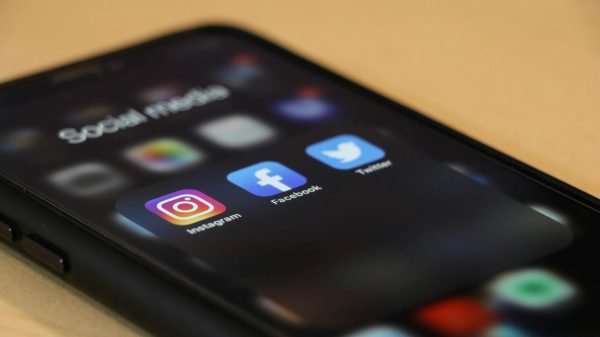“Cancel Culture” promotes positive self-improvement and accountability
Photo by NRK p3 obtained through Creative Commons
Former fans and critics of Kanye West cancelled the rapper after he claimed that slavery was “a choice” on TMZ in May 2018. Only two weeks after his comments were released, every song on his album “Ye” managed to enter the top 40 on the Billboard Hot 100.
September 13, 2019
Ariana Grande. Kevin Hart. James Charles. It seems like every day, a new celebrity is trending on social media for all the wrong reasons. Even an off-hand remark made a decade ago can land someone in the not-so-exclusive “cancelled” club, a metaphorical time-out for prominent individuals who face a consumer boycott and a deprivation of attention.
While it may be easy to shake a fist at society for being too sensitive, it is crucial to remember that we should hold everyone, even A-listers, accountable for their actions through the only way regular citizens are able to.
“How else do we, the public, [who are] largely powerless in the everyday execution of systems of value, moderate society without something like cancel culture?” Camonghne Felix, a communications strategist at Elizabeth Warren for President, asks. “Cancellation isn’t personal but a way for marginalized communities to publicly assert their value systems through pop culture.”
Although this cancel culture is often misconstrued by the media as toxic and career-ending, it is better represented as an opportunity for correction and self-improvement. Kimberly Foster, founder and editor-in-chief of community blog For Harriet, argues that redemption is a viable option for these exiled public figures.
“Changing culture meaningfully means approaching folks from the standpoint of ‘these harmful ideas you are perpetuating need to go,’” Foster said. “We’re not going to accept this anymore. But the people themselves can be recovered.”
Just because a celebrity is cancelled, it does not mean their life has to be over. Dozens of once-disgraced stars have managed to overcome societal banishment by learning from their past mistakes and taking responsibility for their poorly-made decisions.
Internet personality Kelvin Pena, for example, has the quintessential comeback story. Pena, commonly known by his display name “Brother Nature,” was dragged into his greatest scandal last October when his racially insensitive, offensive, and unjust tweets from 2012 resurfaced. Although it seemed impossible for him to rebound from his comments at the time, his public apology shined a light on his personal and mental reformation since the original incident.
“I have evolved as a human being and I lead with love,” Pena wrote in the post. “I was a child and am now a man asking you to accept the apology of a young boy.”
Just like other cancelled celebrities before him, Pena returned to his position of influence simply by recognizing his growth and changing his mindset. While forcing stars to make morally correct decisions their entire life is an unattainable dream, it is realistic to both reprimand them and educate them on the weight of their words.















